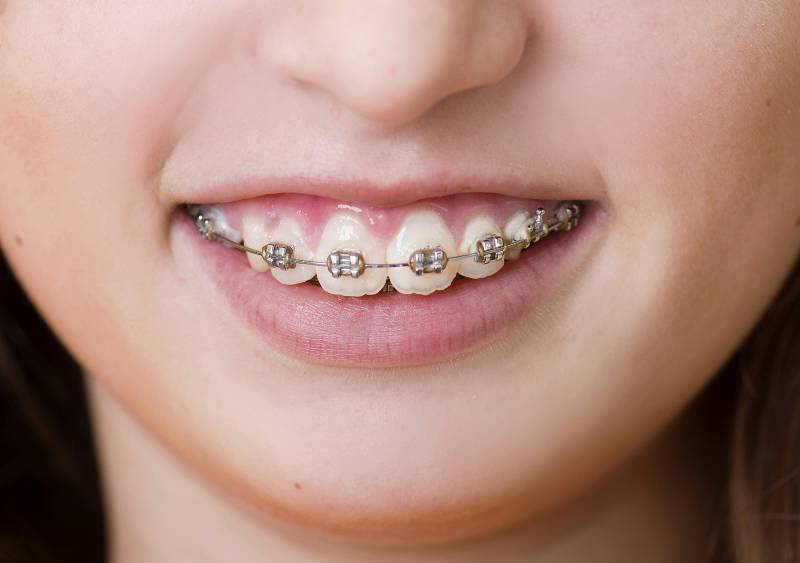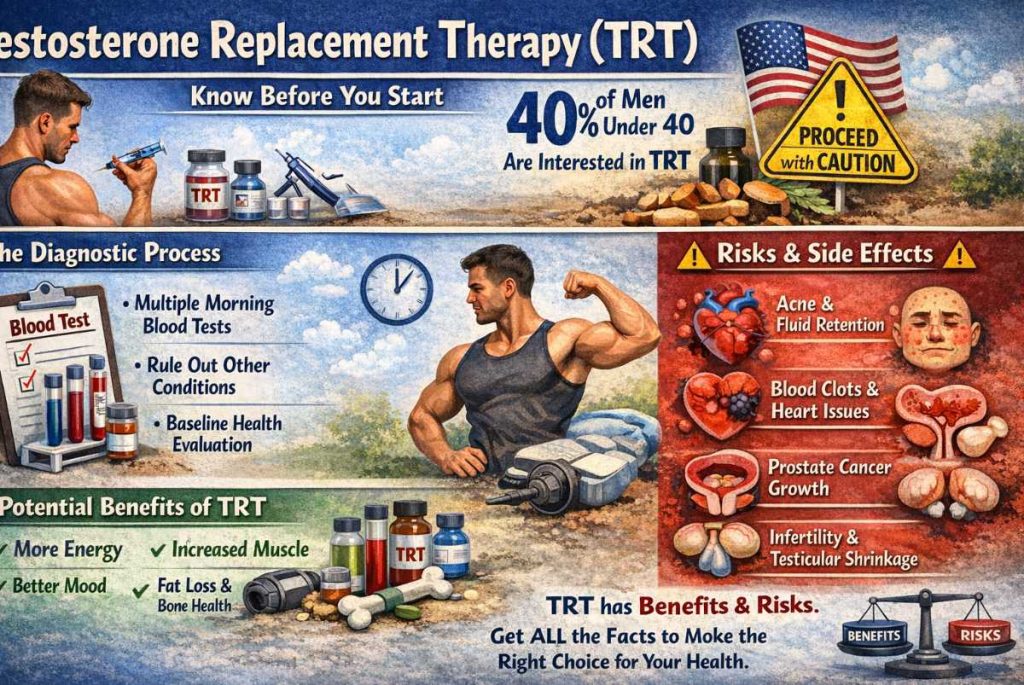When you get braces, your orthodontist will tell you which foods, like chips, you shouldn’t eat. This advice isn’t just for your dental health’s sake, it’s important to ensure that the braces themselves remain intact and functional.
Traditional crunchy chips are typically on the “do not eat” list.
Let’s sink our teeth into the reasons why chips and braces aren’t the best mix, what alternatives you can choose, and how to maintain your braces if you give in to the occasional temptation.
Why You Can’t Eat Chips With Braces
Imagine sinking your teeth into a big, crunchy chip – satisfying, right? Now imagine it with braces. That satisfying crunch quickly becomes a cause for concern.
There are several reasons for braces wearers to steer clear of traditional chips.
The Risk of Bracket Damage and Wire Bending
Firstly, the hard texture of chips can cause brackets to break or wires to bend when you bite down. Braces are engineered to withstand normal chewing, but hard, crunchy foods pose a much greater risk of damaging them.
When brackets break or wires bend, not only can it be painful or uncomfortable, but it can
also lead to unscheduled trips to the orthodontist for repairs. These repairs are not just inconvenient; they may prolong the time you need to wear braces.
Cleaning Challenges
Moreover, chips can easily get lodged in the braces, which can lead to another set of problems. The tiny pieces can get stuck in the wires and brackets, making them hard to clean out.
This retained food increases the risk of tooth decay and gum disease because the bacteria feast on the food particles and excrete acids that harm tooth enamel and irritate gum tissue.
Oral Hygiene
Additionally, the starch in chips transforms into sugar almost immediately upon entering the mouth, providing a feast for cavity-causing bacteria. Dental hygiene with braces is already more challenging, and food trapped in the braces can exacerbate the situation.
Furthermore, some chips contain acidic flavorings or seasonings, which can erode tooth enamel over time. While this is also true for people without braces, when you have braces, it’s more difficult to keep your teeth clean, which can compound the effects of acidic foods.
How Chips Affect Braces Wire?
The wire that connects the braces is a key component of your orthodontic device. It’s what helps shift your teeth into the correct position over time. However, this wire is also susceptible to damage from the foods we eat, and chips are a prime culprit.
Pressure Points and Damage
With their hard edges and sharp corners, chips can create pinpoint pressure points that can bend or even snap the wire. Not only does this cause discomfort, but if the wire’s integrity is compromised, it can stall the realigning of your teeth.
The pressure that should be evenly distributed across your teeth is now uneven, making the braces less effective and potentially leading to asymmetrical adjustments.
Strain and Tension
Even if the wire remains intact after munching on chips, the small, hard fragments can become wedged between the wire and your teeth, putting strain on the wire and creating tension in places where it’s not intended to be.
Over time, as you continue to chew, this can cause the wire to warp, resulting in the need for an orthodontist to replace or adjust it.
Chewing Force and Wire Wear
Aside from potentially damaging the wire, when chips are consumed, they often require forceful chewing. This repeated force and pressure can weaken the wire over time or cause it to become loose. If the wire pops out of its bracket, it can even scratch or poke the inside of your mouth, causing sores or discomfort.
It’s not just about the damage to the wire, either. When the braces wire is put under stress, the brackets attached to each tooth feel the strain too. They might become loose or unglued from the tooth they are affixed to.
When this happens, the brackets no longer hold the wire in the intended position, which disrupts the controlled force necessary to move teeth into alignment.
Oral Hygiene Challenges
Moreover, a damaged wire can lead to more plaque accumulation since it’s harder to clean around a wire that’s not taut. This results in increased chances of developing cavities, gingivitis, and other oral health issues.
Effective plaque removal is already a challenge with braces, and any change in the wire structure makes maintaining oral hygiene even more difficult.
Incorrect wire pressure due to damage can also cause unnecessary discomfort. Braces are often associated with tension and tenderness as your teeth adjust, but unanticipated wire damage can exacerbate these sensations, leading to pain and headaches that could have been avoided by choosing braces-friendly foods.
What Chips Can You Eat With Braces?
If you’re craving that salty snack and you must reach for chips, consider choosing types that are more gentle on your braces. The goal is to find chips that present the least risk of damage to wires and brackets while still satisfying your snack cravings. Here are your best bets:
Soft Baked Chips
These are chips that are made with a softer texture compared to the traditional hard, crunchy varieties. Their gentle crunch means less risk of bracket and wire damage while eating.
Puffed Chips or Puffs
These airy and light snacks don’t require aggressive chewing that might compromise your braces. Since they are less dense, they are less likely to cause any significant damage to your orthodontic appliances.
Vegetable Chips
Some vegetable chips are baked and softer than regular potato chips. Look for options like baked beet, sweet potato, or kale chips, which can be more tender and braces-friendly.
Thin Pretzels or Pretzel Sticks
While traditional pretzels might be too hard, certain thin or mini pretzels, especially those that are partially hollow, can be a safer option.
However, even with these options, it’s important to be cautious. Bite gently and try to avoid clamping down hard with your front teeth. Instead, use your back teeth to chew, as they are better equipped to handle this task while wearing braces.
Besides considering the type of chips, also pay attention to your eating habits. Eat slowly to reduce impact and take small bites to minimize the chances of damaging braces. Keeping your orthodontic goals in mind might help curb the craving for crunchy snacks altogether.
Yet, even with softer alternatives, don’t forget that good oral hygiene is paramount. Brushing and flossing after snacking on chips—soft or not—helps remove any lingering food particles that could lead to tooth decay or gum disease.
Consider using an interdental brush to get under the wires and around the brackets, as well as rinsing with mouthwash to flush out any remnants.
Conclusion
Next time the chips craving hits, think that your commitment to your braces is just as important as that momentary pleasure of a tasty treat. Keep your snacking smart, safe, and braces-friendly.





